Category: transhumanism – Page 64
Some of my thoughts on the Kavanaugh hearings, sexual assault, and technology: #transhumanism #MeToo
Some of my thoughts on the Kavanaugh hearings, sexual assault, and technology: https://mavenroundtable.io/…/brain-implants-would-end-most…/ #transhumanism #MeToo
A brain implant that registers trauma could help prevent rape and violent crime — so why don’t we have it yet?
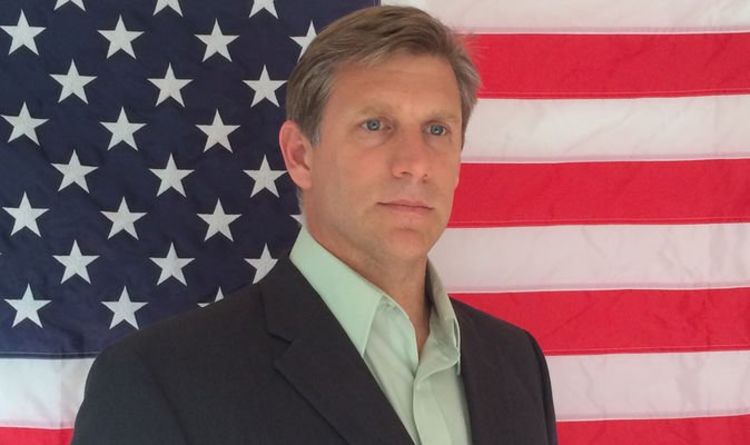
US Presidential hopeful plans to ABOLISH DEATH using technology — ‘We can live to 10,000’
Here’s a new interview I did in one of England’s largest newspaper online sites: https://www.express.co.uk/news/world/1106371/US-President-ca…technology #transhumanism
A FORMER US presidential candidate who could run again in 2020 has outlined a radical plan to abolish natural death using technology.
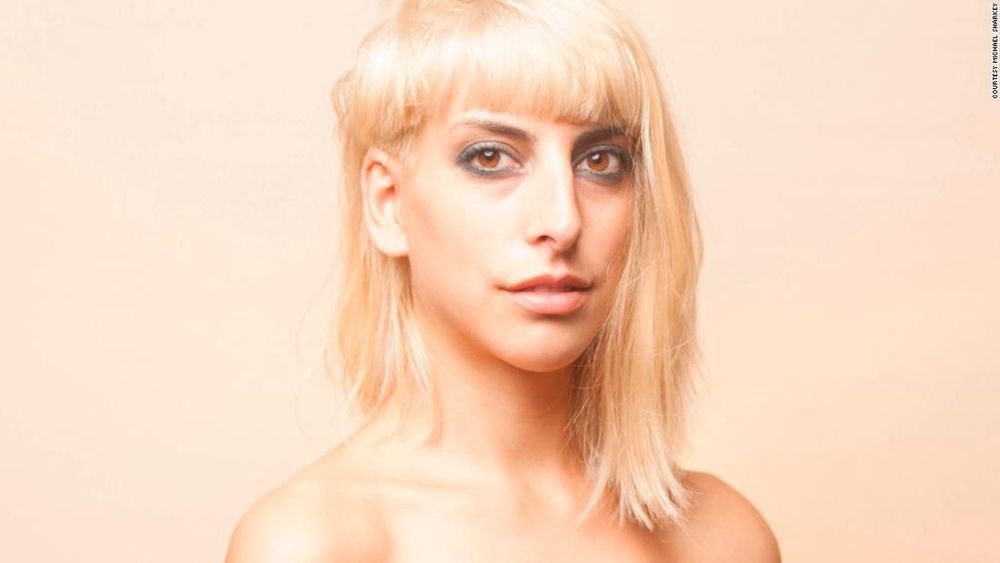
SXSW: These two futurists want to freeze your body after death and replace your brain
You might think we’re not in Texas anymore but in some strange episode of Black Mirror, the Netflix series, says Nikos Acuna who is moderating this SXSW panel on transhumanism.
In fact you’d be forgiven if you did as there is talk about cryo-preserving the body after being declared dead, in the hopes you can be resurrected when the science is here to safely defrost your body and cure you of your ailments. There is also talk on mind uploading, and replacing parts of our brains with neural prosthetics. This all sounds like science-fiction but these days the stuff of science fiction has become fact.
Transhumanist technologies are about overcoming the limitations of human biology and Dr Max More and Dr Randal Koene are at the forefront of these technologies.
3 Reasons Why “Ending Suffering” Should Be the #1 Transhumanist Priority – Article
BY HANK PELLISSIER
Hank Pellissier
Editor’s Note: The U.S. Transhumanist Party / Transhuman Party features this proposal by our member Hank Pellissier for a new website called Paradise2040, which will focus on the abolition of involuntary suffering and incremental ways of getting there within the next 21 years. This is an endeavor supported by Article IV of the Transhumanist Bill of Rights, Version 3.0. It is also a current within transhumanist thinking that, as Mr. Pellissier points out, could bring additional support to the movement. Different transhumanists will have different views as to what the most important aims of transhumanism should be. As an organization that embraces pluralism and diversity of thought, the U.S. Transhumanist Party / Transhuman Party would encourage any of our members who agree with the direction Mr. Pellissier proposes to collaborate with him on the creation of the Paradise2040 website.
~ Gennady Stolyarov II, Chairman, United States Transhumanist Party / Transhuman Party, March 25, 2019
A survey I conducted in 2010 of 818 transhumanists identified “brain enhancement” as the #1 priority, with “maximizing” health and life extension as #2 and #3. The top three “values” of the U.S. Transhumanist Party (the Core Ideals) are #1) Life Extension, #2) “a cultural, societal, and political atmosphere informed and animated by reason, science, and secular values”, and #3) “to reduce and eliminate existential risks.”
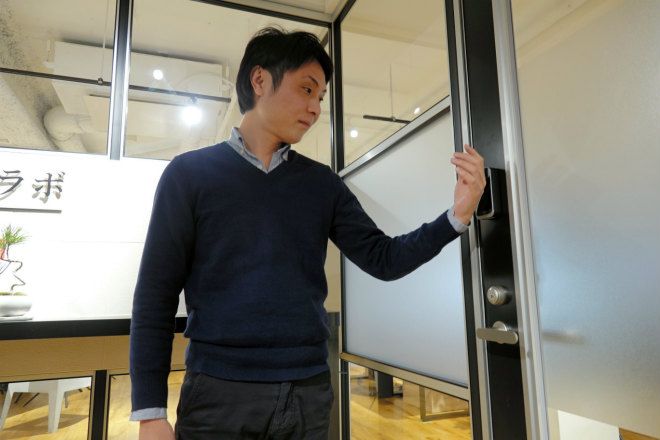
Skin-deep microchips pave the way for ‘transhumanism’
Last year, the Japan Transhumanist Association, a general incorporated group that aims to promote transhumanism in Japan, used Twitter to solicit volunteers for free chip implants. More than 20,000 people applied, and 20 are currently being prepared for the procedure.
With microchip implants, humankind has taken a step toward what future-minded experts predict will be a world filled with cyborgs, but Japan lags behind other countries in this regard.
The microchips inserted under the skin are currently limited to such tasks as opening doors and paying for small items, like drinks.
However, Yuichiro Okamoto, a professor of philosophy at Tamagawa University who is well-versed on the ideological background of science and technology, says the implants are just the beginning of “transhumanism,” the theory that science can allow humans to evolve beyond their current physical and mental limitations.
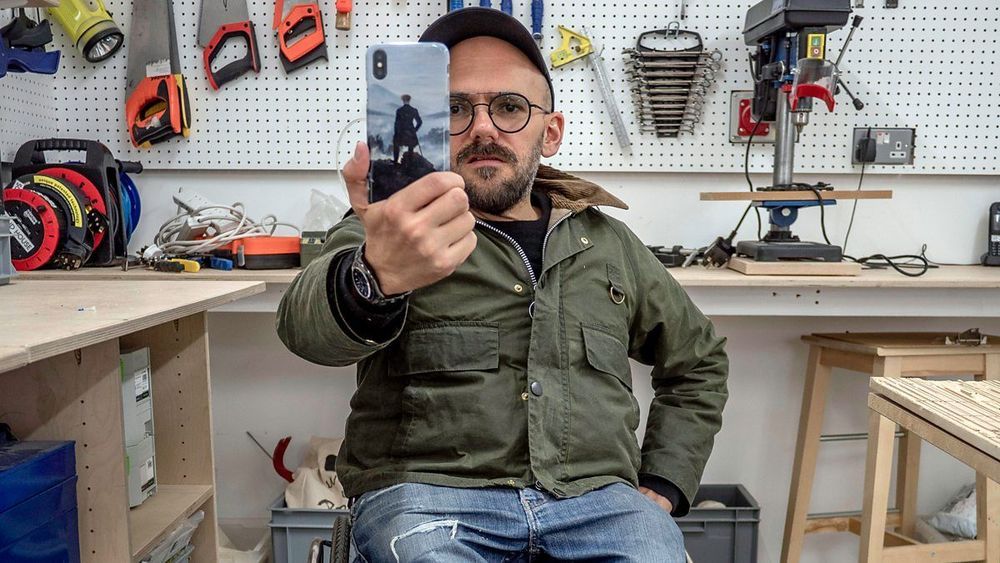
Me, My Selfie and I with Ryan Gander
I’ll be on BBC Four this coming Monday (21:00) and Tuesday (02:30) hanging out with celebrated conceptual artist Ryan Gander. We discuss #transhumanism and the future of upgrades:
Celebrated conceptual artist Ryan Gander investigates the selfie – the icon of a new kind of self-regard that hardly existed just ten years ago.
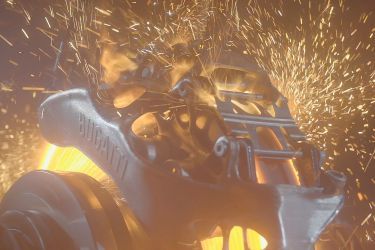
Bugatti uses SLM Solutions additive manufacturing systems in component production
Sports car maker Bugatti (Molsheim, France) used SLM Solutions’ (Lübeck, Germany) metal additive manufacturing technology to produce automotive components. The components were manufactured in the aerospace alloy Ti6Al4V in cooperation with the Fraunhofer Research Institution for Additive Manufacturing Technologies (Fraunhofer IAPT; Hamburg, Germany) and Bionic Production (Lüneburg, Germany) on a SLM 500 selective laser melting system featuring four 400 W lasers.
A caliper test showed that additively produced metal components can cope with extreme strength, stiffness, and temperature requirements at speeds of over 375 km/h with a braking force of 1.35 g and brake disc temperatures up to 1100°C, says Frank Götzke, Head of New Technologies at Bugatti. The test also showed that a tensile strength of 1250 N/mm and a material density over 99.7% was achieved.